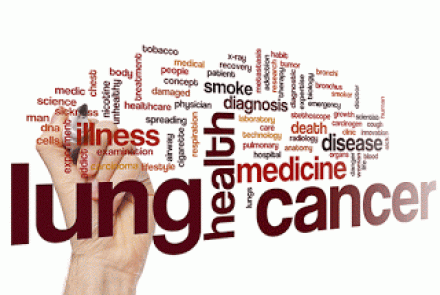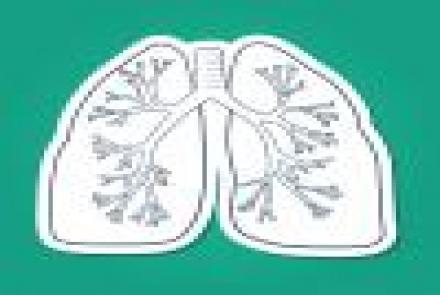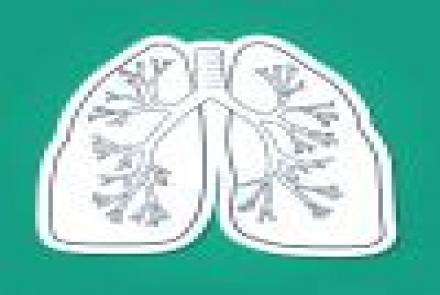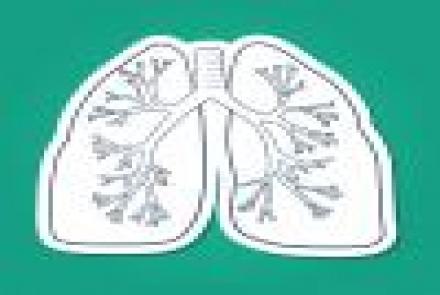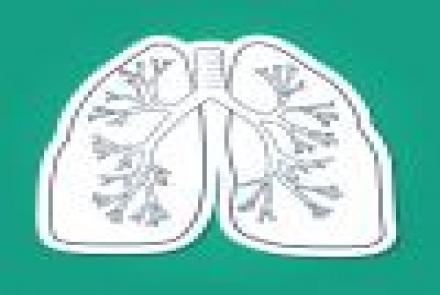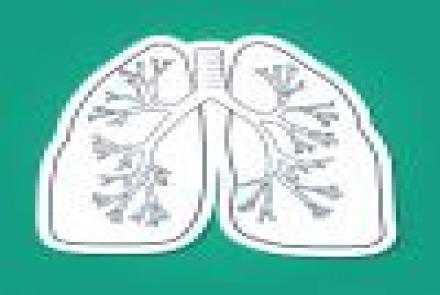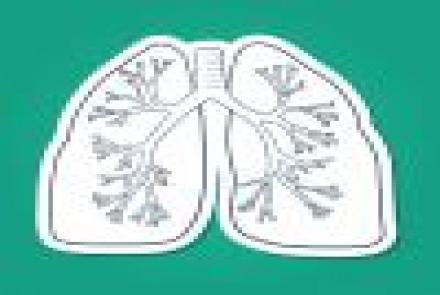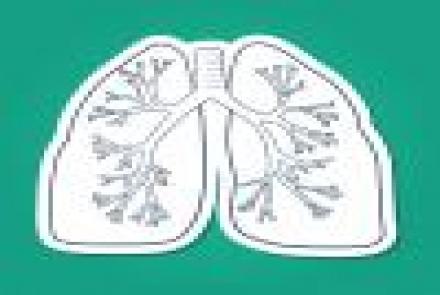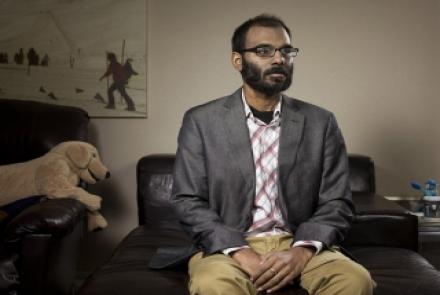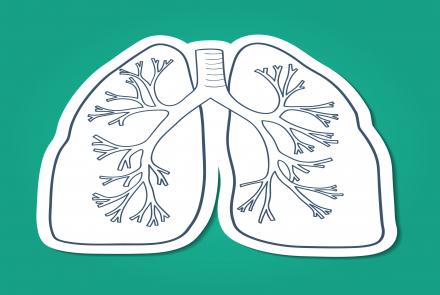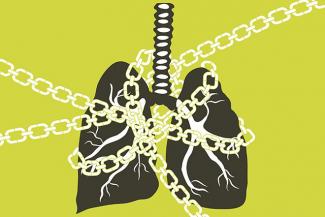
On World Lung Cancer Day, consultant respirologist at Mumbai's Hinduja Hospital Dr Lancelot Pinto highlights 10 common symptoms of lung cancer. Lung cancer accounts for about 13 per cent of all new cancers in India, with smoking being by far the leading cause of the disease.
Individuals who currently smoke, or have smoked in the past, those who have a family history of lung cancers, and those who have been exposed at work to asbestos are at a particularly high risk for lung cancer, compared to others in the population, and therefore, need to be vigilant for symptoms and signs of lung cancer.
The common symptoms of lung cancer to look for:
1. Unexplained weight loss
Weight loss in the absence of a change in diet or exercise pattern should be investigated. This is especially true if the weight loss is more than 10 per cent of the baseline weight.
2. Blood in the phlegm
Although popular media always portrays this to be the most important symptom, a variety of causes can cause blood in the sputum. However, if one does have the symptom, one should not ignore it. Do not, however, panic and assume the worst, as several innocuous causes can cause the symptom as well.
3. Prolonged cough
Any cough that lasts for more than 2 weeks needs to be investigated, as this could be the presenting manifestation.
4. Shortness of breath
This is a symptom that should never be ignored, and one should not assume that old age causes shortness of breath. Again, a lot of different causes could be responsible.
5. Chest pain
Especially the kind that is worse on taking a deep breath/coughing/sneezing, especially if accompanied with any of the above symptoms.
6. Copious phlegm
Producing copious amounts of phlegm, also known as bronchorrhea, can be a symptom of an underlying lung cancer.
7. Whistling sound
A whistling sound or wheeze, appearing late in life for the first time (without a history of asthma/COPD) could occasionally be a tumor in the air passage
8. Swellings in the armpits, neck or chest
Although tuberculosis is possibly the most common cause of such swellings in India, lung cancers can spread to these areas and cause similar symptoms.
9. Fatigue/night sweats/prolonged fever
Again, tuberculosis is possibly the most common cause of these symptoms, but certain cancers such as lymphomas that involve the lung can have similar manifestations.
10. Fracture or Convulsion
A bone fracture after a trivial injury/ a convulsion occurring for the first time in adulthood/ clots in deep veins of the legs/ abdominal swelling could be signs of spread of a cancer originating in any part of the body, including the lungs. These illnesses should always be investigated thoroughly for the possibility of an occult cancer somewhere in the body.
Importance of Quitting Smoking

